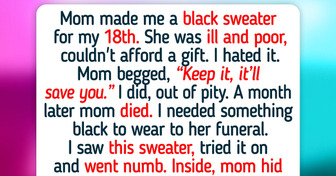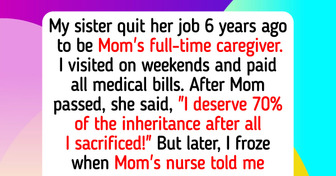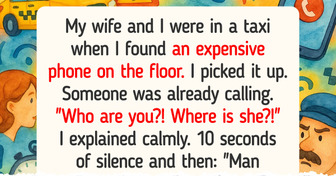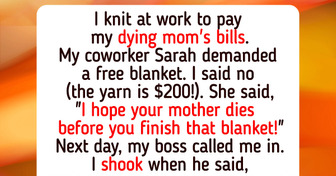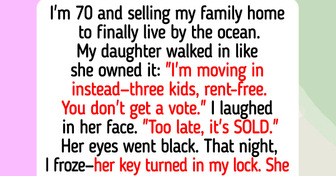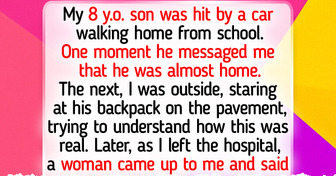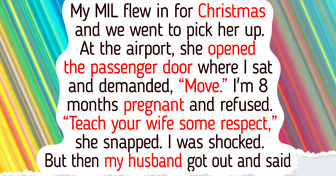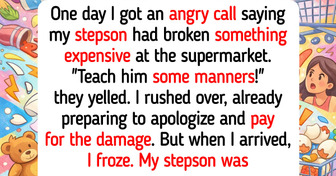I Gave My Ungrateful Daughter Exactly What She Asked For—And She Lost Her Mind Completely
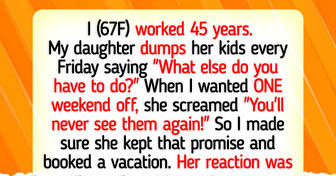
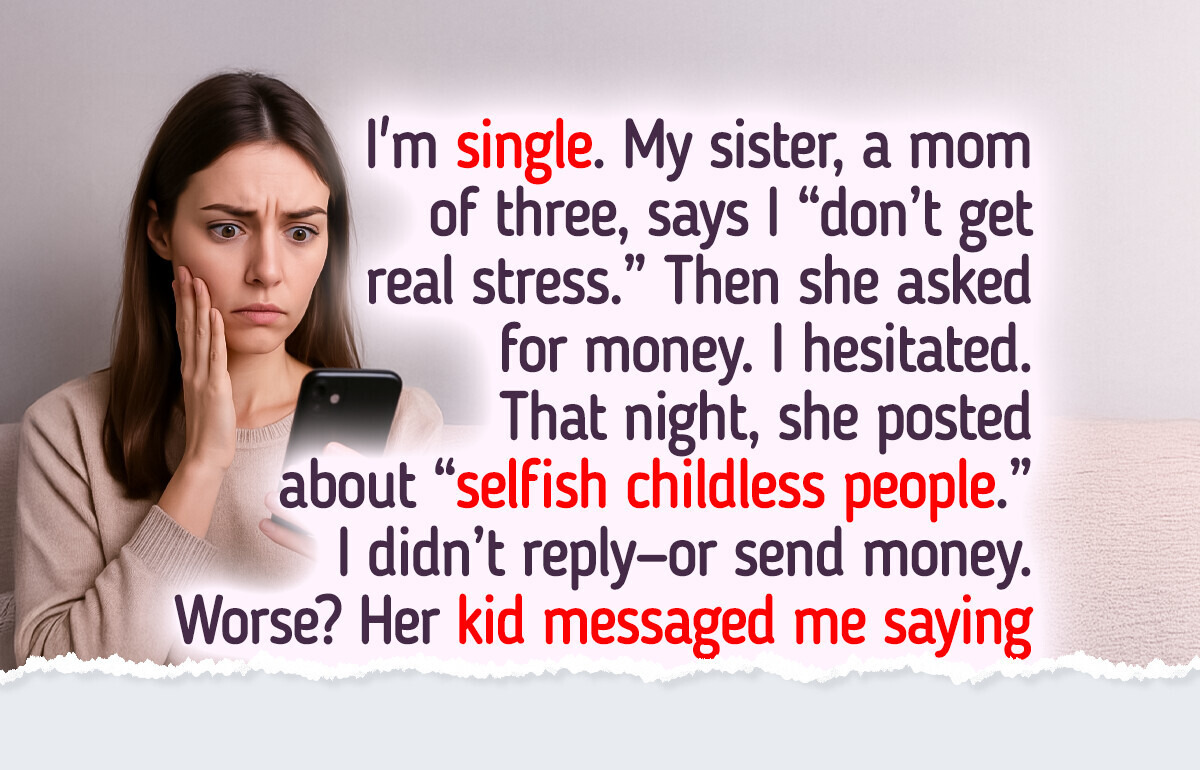
We recently received a letter from one of our readers, who shared a story that struck a nerve with many of our team. It’s about the quiet resentment that can build between siblings—especially when parenting becomes a measuring stick for worth, sacrifice, and who deserves support. Her story raises an uncomfortable but timely question: when does family obligation cross the line into emotional manipulation?

I don’t have kids—I’m single, work full-time, and still manage to keep my life together. My sister, who has three kids under ten, constantly says I “wouldn’t understand what real stress is.” I usually bite my tongue.
Then one day, she called me out of the blue—not to chat, but to ask for a “small loan” to cover her car payments and groceries. I hesitated. She snapped, “You don’t get it—being a mom is hard.”
I reminded her I didn’t get to opt out of adulthood just because I’m not a parent. She hung up. Later that night, I saw a post on Facebook: a long rant about “selfish childless people” and how family should help without question.
I didn’t comment. But I also didn’t send the money.
Worse? One of her kids messaged me: “Mom said you’re not family anymore.”

In most families, caregiving doesn’t get divided equally. Whether due to geography, personality, or family dynamics, one sibling often becomes “the responsible one.” While this may seem practical, it can lead to long-term emotional and mental strain—especially when others aren’t pitching in.
Mental health experts say there are 4 psychological traps many solo caregivers fall into: resentment, wishful thinking, indecision, and indiscretion.
Resentment can creep in when one sibling is doing the heavy lifting—doctor visits, finances, emotional labor—while others stay uninvolved. The emotional cost builds quietly and can cause burnout or strain sibling relationships.
Wishful thinking is another trap: hoping that other siblings will step up without being directly asked. But families don’t always operate intuitively—clear communication is key.
Indecision—not making firm decisions about roles or boundaries—can lead to confusion and guilt.
And indiscretion, or oversharing your stress without solutions, can isolate you further instead of creating support.
Therapist and caregiver expert Barry J. Jacobs, PsyD, emphasizes: “It’s not about doing it all—it’s about doing your part with intention and inviting others to do theirs.” He adds that setting expectations, even if uncomfortable, is a necessary act of self-care.
Reframing the experience—from burden to purpose—can help emotionally, but that doesn’t mean doing it alone. Support groups, therapy, and honest conversations with siblings can ease the load and shift toxic patterns toward healthier dynamics.
11 Stories That Prove Being Kind Doesn’t Mean Being a Doormat


